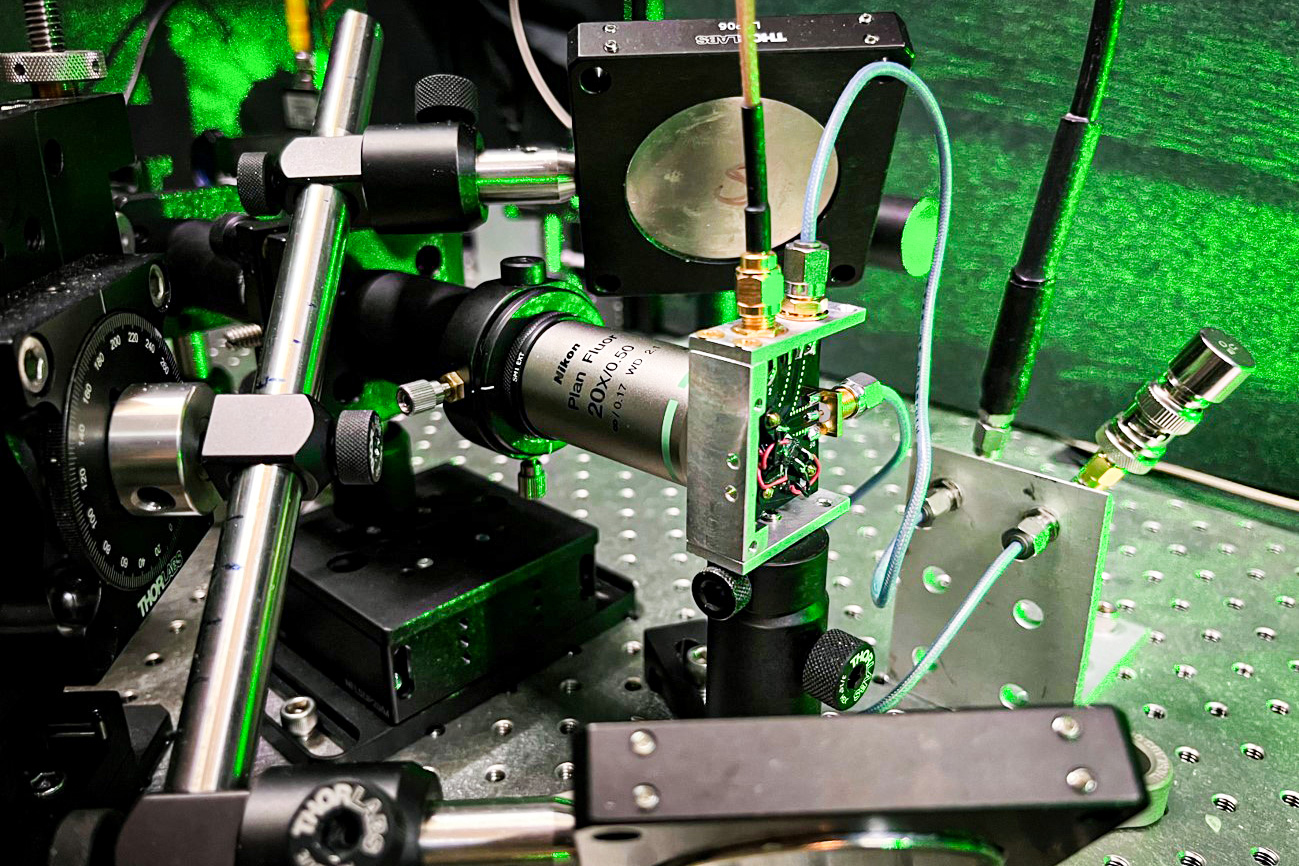
Electronic devices typically use the charge of electrons, but spin — their other degree of freedom — is starting to be exploited. Spin defects make crystalline materials highly useful for quantum-based devices such as ultrasensitive quantum sensors, quantum memory devices, or systems for simulating the physics of quantum effects. Varying the spin density in semiconductors can lead to new properties in a material — something researchers have long wanted to explore — but this density is usually fleeting and elusive, thus hard to measure and control locally. Now, a team…



